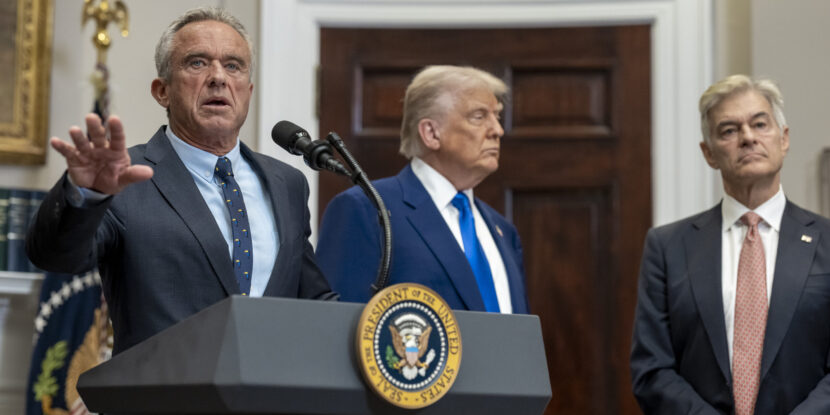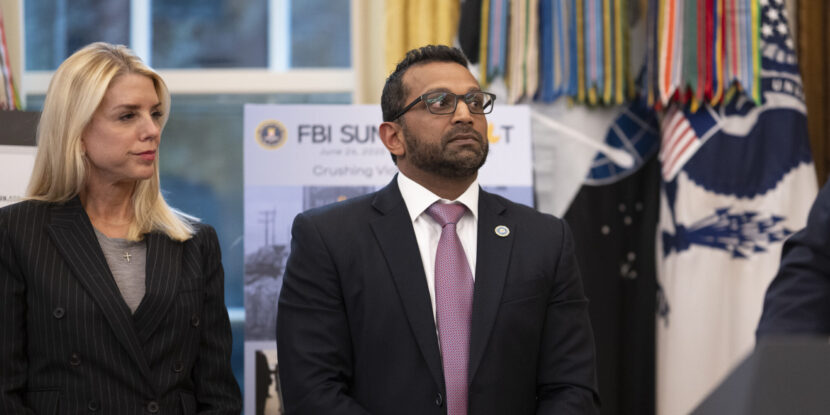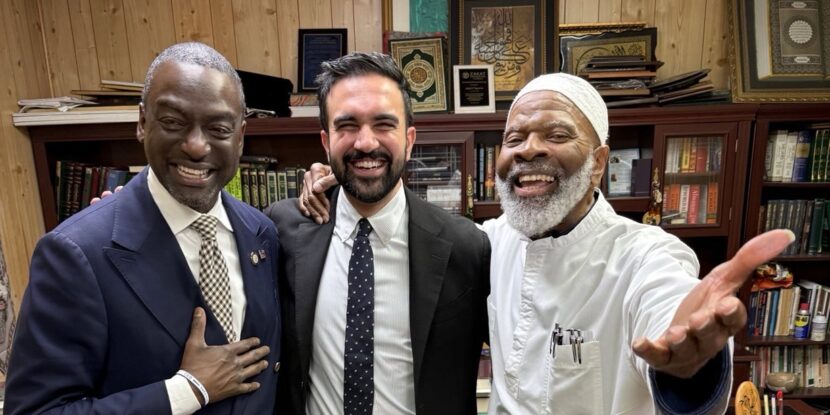❓WHAT HAPPENED: The U.S. Departments of State and Health and Human Services formally rejected amendments to the International Health Regulations adopted by the World Health Assembly last year.
👤WHO WAS INVOLVED: The World Health Organization (WHO), U.S. Departments of State and Health and Human Services, HHS Secretary Robert F. Kennedy, and State Secretary Marco Rubio.
📍WHEN & WHERE: The rejection was announced on Friday, ahead of the amendments’ binding implementation date of July 19.
💬KEY QUOTE: “The amended IHR would give the WHO the ability to order global lockdowns, travel restrictions, or any other measures it sees fit to respond to nebulous ‘potential public health risks.'” – Joint statement from State and HHS.
🎯IMPACT: The rejection prevents expanded WHO authority over U.S. public health measures and safeguards domestic sovereignty.
The U.S. Departments of State and Health and Human Services (HHS) have formally rejected recent amendments to the International Health Regulations (IHR) adopted by the World Health Assembly, which would have expanded the World Health Organization’s (WHO) power during global health emergencies.
In a joint statement released Friday, the departments criticized the amendments, saying, “The amended IHR would give the WHO the ability to order global lockdowns, travel restrictions, or any other measures it sees fit to respond to nebulous ‘potential public health risks.’” The U.S. government warned that the revised regulations could infringe upon national decision-making in public health crises.
Although the United States previously withdrew from participation in the WHO, an agency of the United Nations (UN), the amended International Health Regulations were scheduled to become binding on the U.S. starting July 19, unless formally rejected. The administration has now made clear that it will not recognize the new rules.
The joint statement also raised concerns about the WHO’s susceptibility to political interference, particularly from the Chinese Communist Party (CCP) regime, stating the amendments “fail to address the WHO’s vulnerability to political influence and censorship, most notably from China, during outbreaks.”
Among the provisions drawing criticism are those that would compel member states to adopt digital health documents and give the WHO influence over public messaging. According to the statement, such measures “could stifle scientific debate by imposing narrative controls.”
HHS Secretary Robert F. Kennedy Jr. echoed these concerns in a video statement, warning that the changes “open the door to the kind of narrative management, propaganda, and censorship that we saw during the COVID pandemic.” He emphasized that international cooperation is possible “without jeopardizing our civil liberties, without undermining our Constitution, and without ceding away America’s treasured sovereignty.”
Secretary of State Marco Rubio also expressed strong reservations, calling the proposed language “vague and broad,” and suggesting that it could lead to WHO-directed responses “centered on political issues rather than effective actions.”
Senator Ron Johnson (R-WI), who introduced the No WHO Pandemic Preparedness Treaty Without Senate Approval Act, applauded the move, highlighting the need to preserve U.S. sovereignty in matters of public health.
Join Pulse+ to comment below, and receive exclusive e-mail analyses.




















